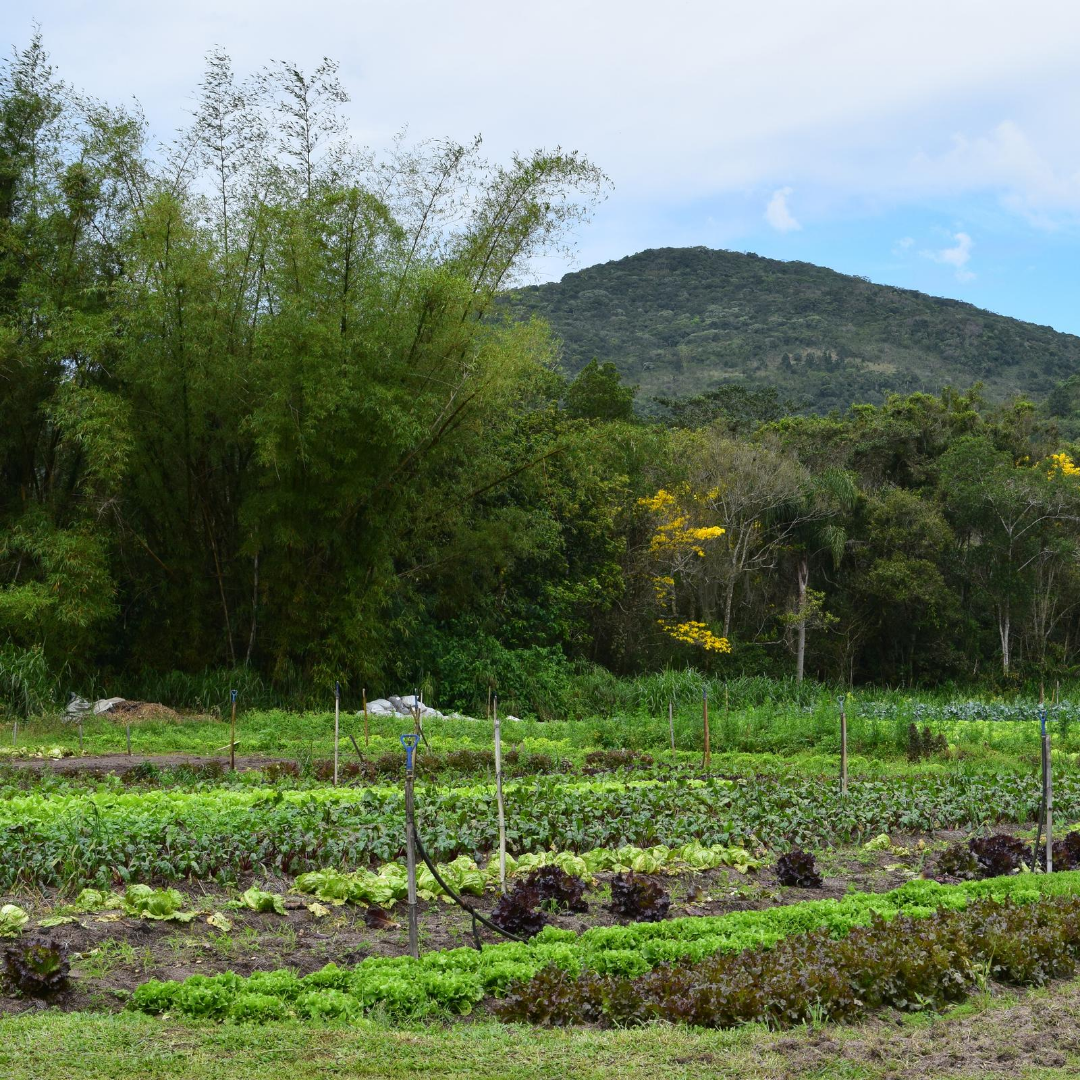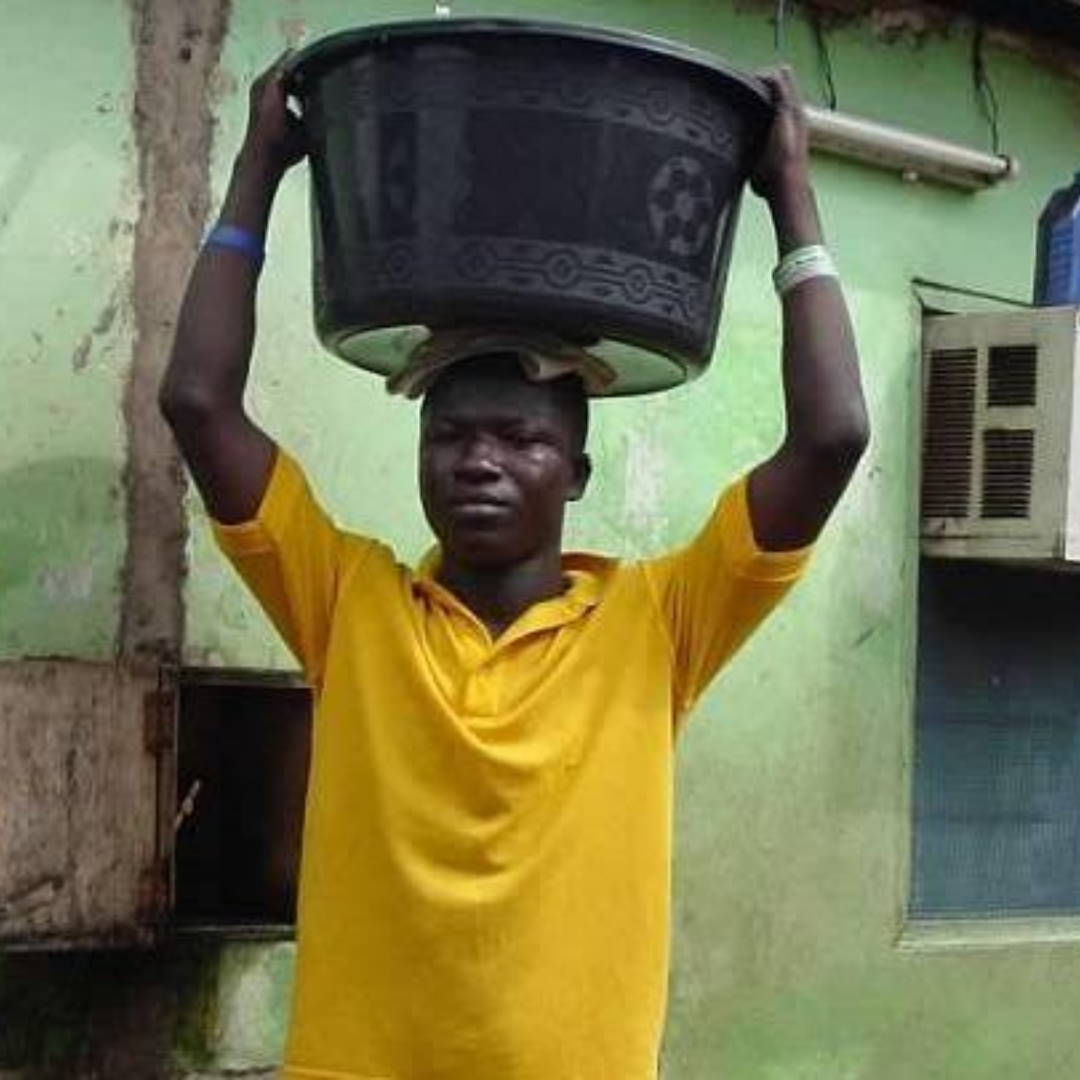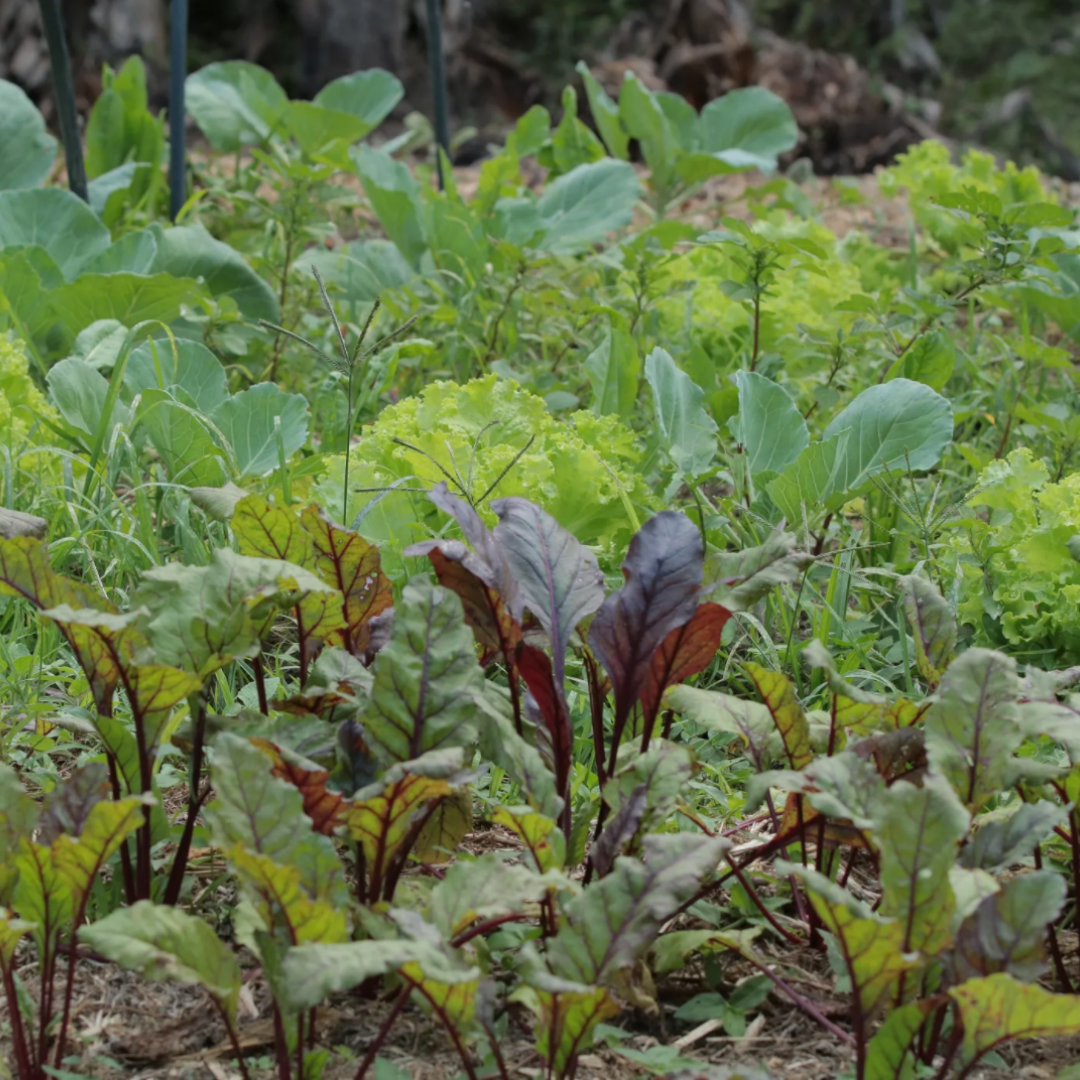
Land, Food, Water & Waste
Humans require land, food, and water to survive. Human activities also produce waste that impacts these elements upon which we all depend. However, many sustainability challenges and trade-offs exist with regard to resource use and waste generation – who reaps the benefits and who carries the burden? How can we manage our resources more sustainably? How can we ensure access for future generations to an environment that is able to provide healthy food and water?
To answer these questions, IRES Researchers work to further key understandings of topics such as cropping practices, diets, land management and land use change, water quality and quantity, or waste issues, as well as the linkages between them. IRES’ work in these areas includes policy and governance concerns, examining how rules and institutions can affect our ability to effectively and equitably manage resources and waste.
Core faculty:
David Boyd, Navin Ramankutty, Leila Harris, Gunilla Öberg, Milind Kandlikar, Claire Kremen, Mark Johnson, Terre Satterfield, Hannah Wittman, Joséphine Gantois

The role of small farms in global food security and sustainability
What is the impact of small farms on global food security and sustainability?
This project explores the relationship between farm size, the amount and type of food produced, farming practices and environmental sustainability.
Read More ->
Non material dimensions of water insecurity
Poor access and availability to water can have negative impacts on public health, educational achievement, social status and gender equity. But what about non material dimension, such as stress, worry, or senses of exclusion?
This project aims to gather a better understanding of the non material dimensions of water insecurity in order to better address Household Water Insecurity Experiences (HWISE)
Read More ->
ADVANCING AGROECOLOGICAL TRANSITIONS THROUGH VISUAL METHODOLOGIES
What visual narratives do agroecological movement organizers use to mobilize urban supporters, allies and activists?
This project builds on a collaboration between the Centre for Sustainable Food Systems at UBC and CEPAGRO (the Centre for Promotion and Study of Collective Agriculture) in Santa Catarina, Brazil focused on better understanding transitions to agroecology.
Read More ->Highlighted publications:
- Robin Harder, Rosanne Wielemaker, Tove A. Larsen, Grietje Zeeman and Gunilla Öberg 2019 Recycling nutrients contained in human excreta to agriculture: Pathways, processes, and products. Critical Reviews in Environmental Science and Technology 49(8): 695-743
- Robin Harder, Rosanne Wielemaker, Sverker Molander, Gunilla Öberg 2020 Reframing human excreta management as part of food and farming systems. Water Research 175: 115601
- Boyd, D. (2011). No taps, no toilets: First Nations and the constitutional right to water in Canada. McGill Law Journal/Revue de droit de McGill, 57(1), 81-134.
- Seufert, V., & Ramankutty, N. (2017). Many shades of gray—The context-dependent performance of organic agriculture. Science advances, 3(3), e1602638.
- Harris, L., Kleiber, D., Goldin, J., Darkwah, A., & Morinville, C. (2017). Intersections of gender and water: comparative approaches to everyday gendered negotiations of water access in underserved areas of Accra, Ghana and Cape Town, South Africa. Journal of Gender Studies, 26(5), 561-582.
- Metson, G. S., Powers, S. M., Hale, R. L., Sayles, J. S., Öberg, G., MacDonald, G. K., … & Jones, K. (2018). Socio-environmental consideration of phosphorus flows in the urban sanitation chain of contrasting cities. Regional Environmental Change, 18(5), 1387-1401.
- Kandlikar, M. (2018) From Cautious Support to Precautionary Paralysis: The evolution of India’s regulatory regime for transgenics, in A Human Rights Based Approach to Development in India, Kotwal, Hirsch and Ramaswami (eds). University of British Columbia Press, Vancouver, BC.
- Kremen, C. (2015). Reframing the land‐sparing/land‐sharing debate for biodiversity conservation. Annals of the New York Academy of Sciences, 1355(1), 52-76.